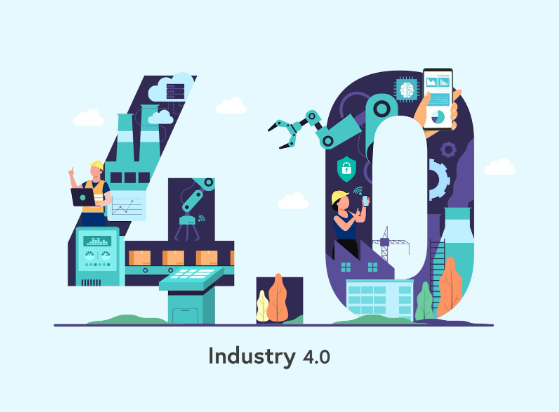Data-driven technological solutions are being highlighted to address growing water scarcity. The use of IoT devices enables intelligent management of water resources at the household, government and agricultural levels. This approach has led to increasing investment in the smart water management market, estimated at $53.6 billion by 2031, with applications ranging from leak detection and prevention to irrigation system automation and problem forecasting. The combination of sensors, data analysis and IoT technologies offers an innovative and essential solution to meet the challenge of water scarcity in the future.
Tag: machine learning
The evolution of voice recognition takes the smart home to the next level
Voice recognition technologies are advancing in IoT devices, promising to transform the connected home. Since its inception in the 1950s, speech recognition has evolved, reaching remarkable accuracy in 2018 and accelerating due to the pandemic. There are expected to be 8 billion digital voice assistants in use by 2023, driving a market of $31.82 billion by 2025. These systems enable smart home automation beyond device management, incorporating emotion-based interaction and context, and opening possibilities for new uses.
Intelligent experiences: innovation as a way to increase customer loyalty
Virtual assistants and chatbots offer an efficient and personalized customer experience, anticipating problems and providing solutions. Intelligence applied to the customer experience improves satisfaction and allows insights into the business and consumer behavior. Intelligent, empathetic and personalized experiences are key to satisfying demanding and informed consumers.
Industry 4.0: a close challenge for SMEs
Spanish SMEs, especially in the industrial sector, have low penetration of digitization and need to invest in technology and change their culture to maintain their competitiveness. The Plan to Promote the Digitization of SMEs 2021-2025 and the European Union funds for digital transformation seek to encourage the adoption of new technologies. SMEs often have a distant perception of Industry 4.0 and make mistakes by thinking that it only involves having a website and storing data in the cloud. To unlock the true potential of Industry 4.0, SMEs need a comprehensive mix of technologies and a holistic view, supported by technology partners and data experts.
Data as a motor for a new robotics
Compared to other fields, robotics has particular characteristics, because it aims to allow a physical agent to interact with the concrete world.
From competitive to collaborative: how AI impacts the empowerment of human talent
Automation and artificial intelligence (AI) are creating more jobs than they replace. It is expected that by 2025, 97 million new vacancies will be created, exceeding the 85 million workers that are estimated to be replaced. The demand for roles such as data analysts, AI and machine learning experts, data scientists, and synthetic data builders is constantly growing. Furthermore, AI drives hybrid work, where machines perform repetitive and dangerous tasks, while humans focus on higher value-added activities.
Training algorithms: why artificial intelligence should not be left alone
The 65% of companies in Spain run the risk of becoming irrelevant if they do not adopt big data strategies, a growing sector of the annual 30%. Machine Learning allows models to learn automatically, but requires human supervision to avoid negative results, as in the case of the Microsoft bot. Data quality and quantity, as well as accurate and efficient labeling, are key to successful Machine Learning model training.
AI and CDP: The ideal combination to take the customer experience to a new level
The combination of applied intelligence and customer data platforms (CDP) represents a powerful synergy in the field of marketing. CDPs unify data from multiple sources to provide a complete view of each customer, solving the problem of information silos. By combining CDP with artificial intelligence (AI) and machine learning (ML), even greater benefits can be realized, such as the ability to predict behavior and deliver personalized experiences. However, it is important to consider data security and privacy, and this strategy requires continuous evolution to remain effective.









